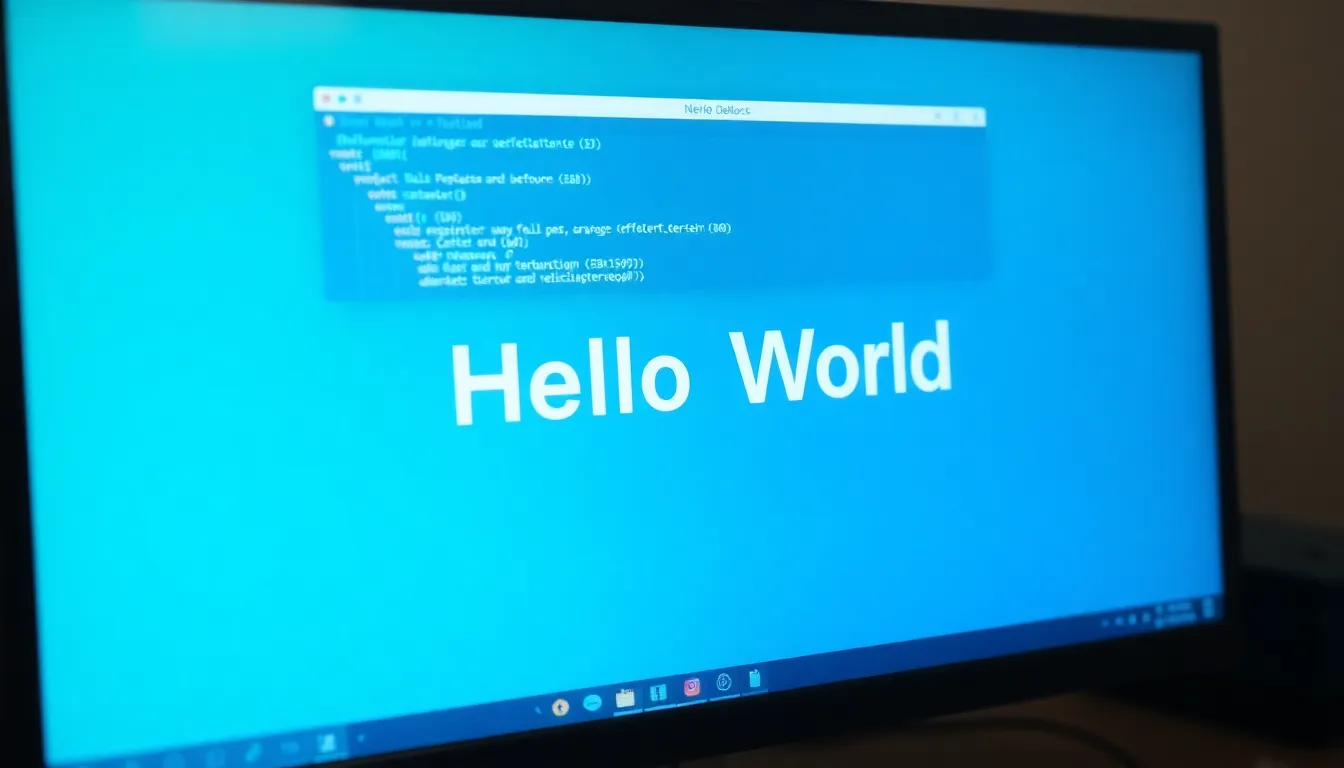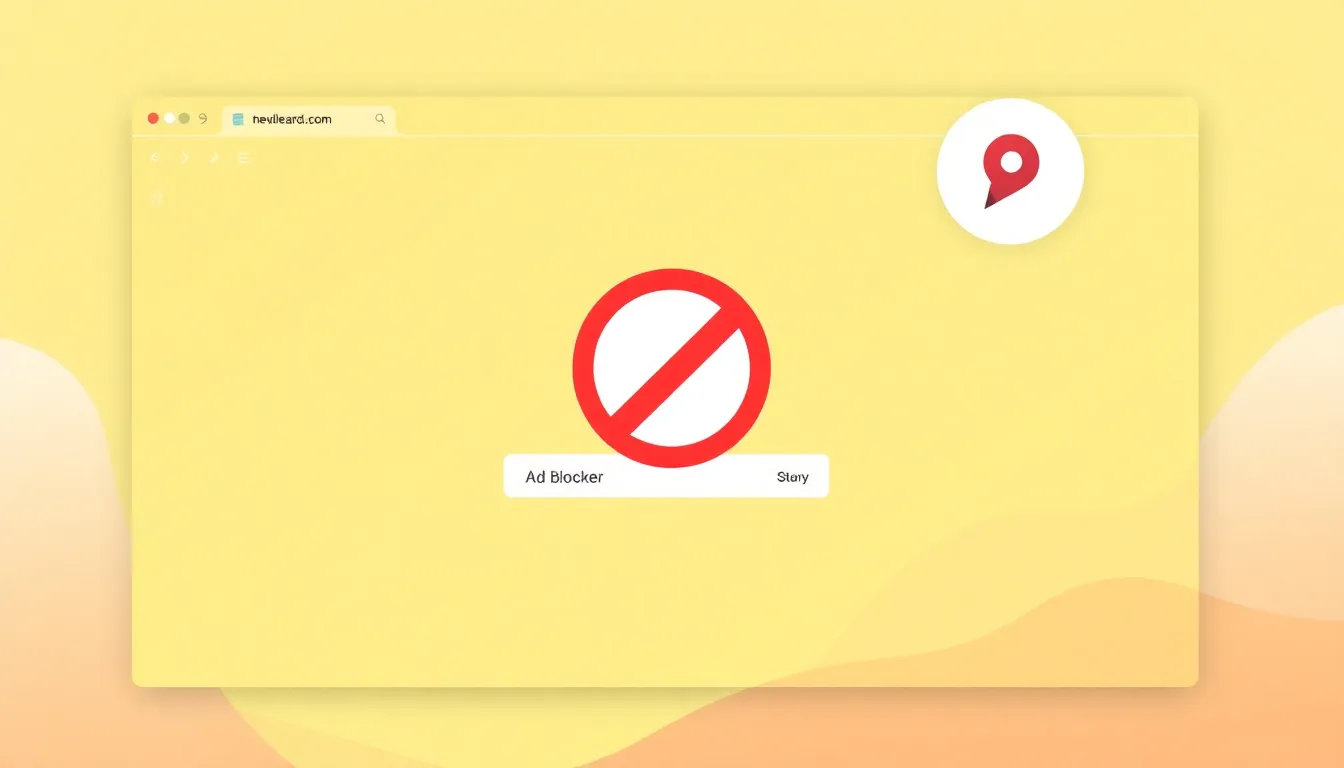As the cryptocurrency and blockchain industries evolve, there is a growing demand for cross-chain compatible casino games that offer players flexibility in choosing their preferred blockchain networks. Traditional blockchain-based casinos have often been confined to one specific blockchain ecosystem, which limits player accessibility and reduces potential market reach. However, with the rise of cross-chain compatibility, developers are now able to create casino games that work seamlessly across multiple blockchain networks.
In this advanced guide, we will explore what cross-chain compatibility is, why it is crucial for casino game development, and how developers can integrate it into their projects. We will also highlight how SDLCCorp’s expertise in Develop Blockchain Casino Software can help you create cross-chain compatible casino games that provide an enhanced player experience and greater accessibility.
What is Cross-Chain Compatibility in Casino Games?
Cross-chain compatibility refers to the ability of a decentralized application (dApp), such as a casino game, to operate seamlessly across multiple blockchain networks. Unlike traditional casino games that are restricted to a single blockchain (like Ethereum or Binance Smart Chain), cross-chain compatible games allow players to interact with them using various blockchains, such as Ethereum, Binance Smart Chain (BSC), Solana, Polkadot, or others.
For example, a player using Ethereum can join a game hosted on the Binance Smart Chain, and their ERC-20 tokens can be swapped for BEP-20 tokens to participate. This interoperability expands the player base by accommodating users from different blockchain ecosystems and providing them with more options for interacting with the game. Cross-chain compatibility also fosters liquidity, as assets can flow freely between blockchains without requiring users to convert their tokens manually.
Why is Cross-Chain Compatibility Important for Casino Games?
1. Expanding Market Reach
By building cross-chain compatible casino games, developers can broaden their market and attract players from various blockchain ecosystems. Players tend to gravitate toward specific blockchains due to factors like transaction fees, speed, and the available tools or ecosystems. For example, Ethereum users may prefer the robust DeFi ecosystem, while Solana users might prioritize faster transaction times and lower fees.
Offering cross-chain compatibility means that players using any blockchain can interact with the casino, eliminating the barriers created by blockchain-specific ecosystems. This expanded reach increases the potential for a larger player base and, by extension, more revenue for casino operators.
2. Enhancing Liquidity
Cross-chain compatibility also boosts liquidity by allowing assets to move freely between different blockchain networks. For example, a player might have Bitcoin or Ethereum-based tokens, but prefer to play a game hosted on a different blockchain like Polkadot or Solana. Cross-chain compatibility allows these players to easily convert their assets or play directly with tokens from multiple blockchains.
This enhanced liquidity enables seamless transactions for players and more efficient asset management for casino operators, as funds are no longer restricted to a single blockchain. It also creates opportunities for in-game purchases, staking, and wagering with different cryptocurrencies.
3. Creating a More Inclusive Player Experience
When a casino game is cross-chain compatible, it offers a more inclusive experience for players. Traditional casino games often lock players into one blockchain ecosystem, but with cross-chain compatibility, players can use their preferred cryptocurrencies, interact with various dApps, and take advantage of blockchain-specific features (like low fees or faster confirmation times).
For example, players on Ethereum might prefer to use ETH or ERC-20 tokens for their transactions, while players on Binance Smart Chain (BSC) may opt for BEP-20 tokens. With cross-chain compatibility, players can easily interact with the game regardless of their blockchain preference, leading to a smoother and more enjoyable experience.
How to Build Cross-Chain Compatible Casino Games
1. Choose the Right Blockchain Protocols
The first step in building a cross-chain compatible casino game is to select the right blockchain protocols that support cross-chain functionality. Popular blockchain networks like Ethereum, Binance Smart Chain (BSC), Solana, and Polkadot offer interoperability solutions that enable seamless interaction between different blockchains.
For instance, Polkadot is specifically designed for cross-chain compatibility, allowing different blockchains to communicate and transfer assets without friction. Similarly, Cosmos is another blockchain ecosystem that facilitates interoperability between multiple blockchain networks.
Developers need to consider factors such as transaction fees, network speed, scalability, and developer support when selecting the right blockchains for their casino games. Ethereum might offer robust smart contract functionality, but platforms like Binance Smart Chain and Solana may offer better performance and lower costs.
2. Use Cross-Chain Bridges and Interoperability Protocols
To enable cross-chain compatibility, developers must implement cross-chain bridges or interoperability protocols. These tools allow assets, tokens, and data to move between blockchains.
A cross-chain bridge works by locking assets on one blockchain and issuing a corresponding asset on another blockchain. For example, if a player has ETH on the Ethereum network but wants to use it on a different blockchain like BSC, they can lock their ETH on Ethereum and receive a BEP-20 token equivalent on Binance Smart Chain.
Interoperability protocols such as Polkadot’s XCMP (Cross-Chain Message Passing) or Cosmos’ IBC (Inter-Blockchain Communication) can also help facilitate communication between different blockchains, ensuring that assets and data can be transferred seamlessly and securely.
Implementing these tools into your casino game infrastructure enables players to use multiple cryptocurrencies and blockchain networks without friction.
3. Integrate Smart Contracts for Cross-Chain Transactions
Smart contracts play a crucial role in cross-chain casino games by automating transactions, game logic, and asset transfers. To integrate cross-chain transactions, smart contracts must be written to support multiple blockchain networks.
For example, a smart contract could be used to manage the betting process in a game. If a player wants to bet ETH but the game is hosted on Binance Smart Chain, the smart contract will automatically handle the conversion of assets and allow the player to place their bet. This requires the smart contract to interact with cross-chain bridges and ensure the right amount of tokens are transferred between blockchains.
Additionally, smart contracts can ensure that rewards are paid out in the appropriate tokens based on the blockchain the player used, making the entire process seamless.
4. Implement Multi-Wallet Support
Players who use different blockchains may also use different wallets to store their assets. To ensure a smooth user experience, it is essential to implement multi-wallet support in the casino platform.
Popular wallets like MetaMask, Trust Wallet, and Coinbase Wallet support multiple blockchains and cryptocurrencies. By integrating these wallets into your platform, players can use their preferred wallets and seamlessly connect with the casino game.
SDLCCorp’s Expertise in Cross-Chain Compatible Casino Game Development
At SDLCCorp, we specialize in Develop Blockchain Casino Software, including the development of cross-chain compatible casino games. Our team of blockchain experts has extensive experience in integrating cross-chain interoperability, smart contracts, and cross-chain bridges to create seamless, high-performance casino platforms.
We work closely with our clients to:
- Select the appropriate blockchain networks based on performance, cost, and scalability.
- Develop cross-chain bridges and interoperability protocols to enable seamless asset transfers between blockchains.
- Integrate smart contracts for managing game logic, betting, rewards, and cross-chain transactions.
- Ensure multi-wallet support for easy access to crypto assets across different blockchain networks.
SDLCCorp ensures that your platform is not only cross-chain compatible but also secure, scalable, and optimized for performance, offering players a top-tier gaming experience with seamless blockchain interactions.
Conclusion
Building cross-chain compatible casino games is a crucial step in expanding the reach and accessibility of your platform. By leveraging cross-chain technologies, blockchain bridges, smart contracts, and multi-wallet support, developers can create a truly inclusive casino experience where players from multiple blockchain ecosystems can participate seamlessly.
SDLCCorp’s expertise in Develop Blockchain Casino Software ensures that your casino game is built to operate efficiently across different blockchains, providing a smooth, scalable, and enjoyable experience for players. Whether you are building a new platform or enhancing an existing one, SDLCCorp can help you navigate the complexities of cross-chain integration and create a game that thrives in a decentralized environment.



